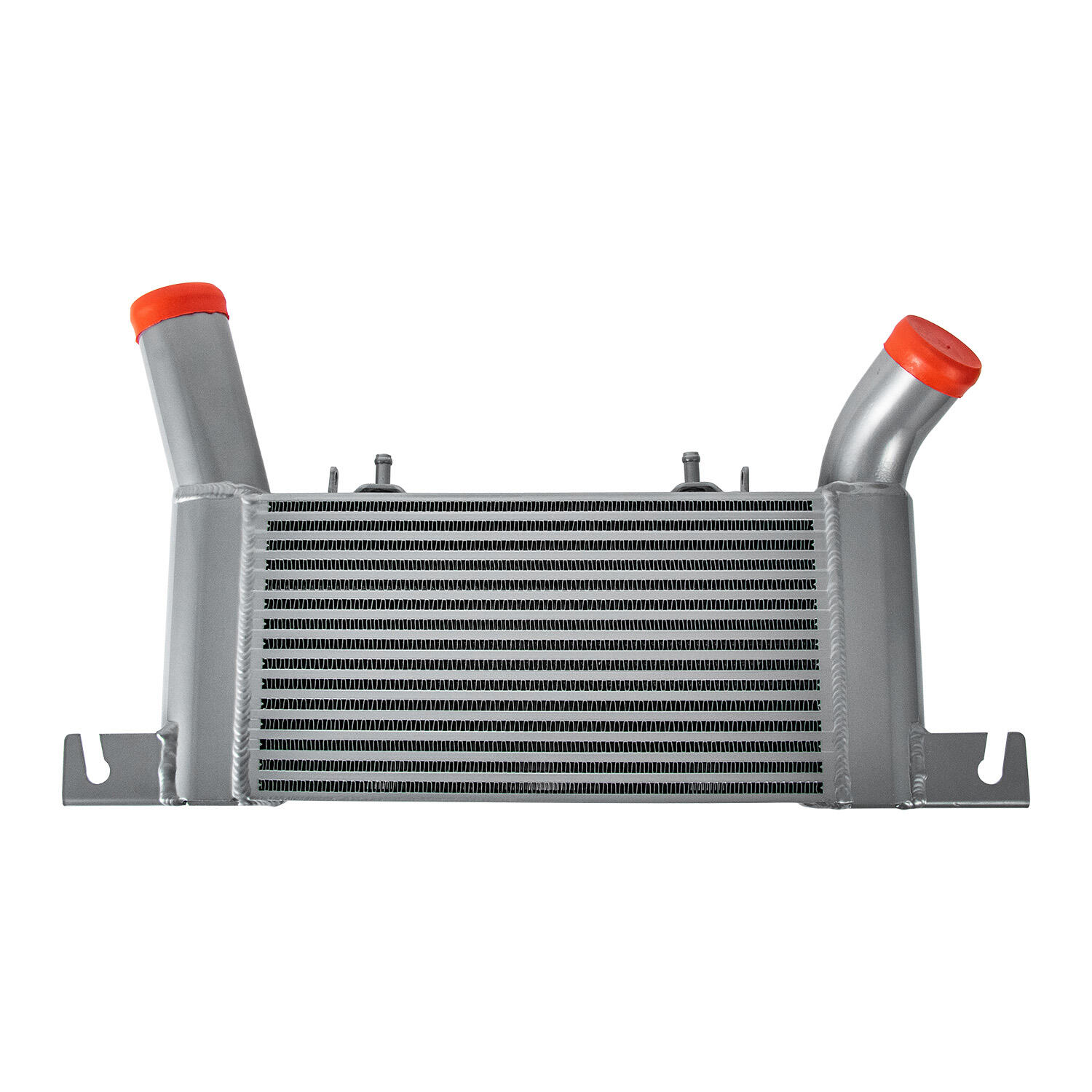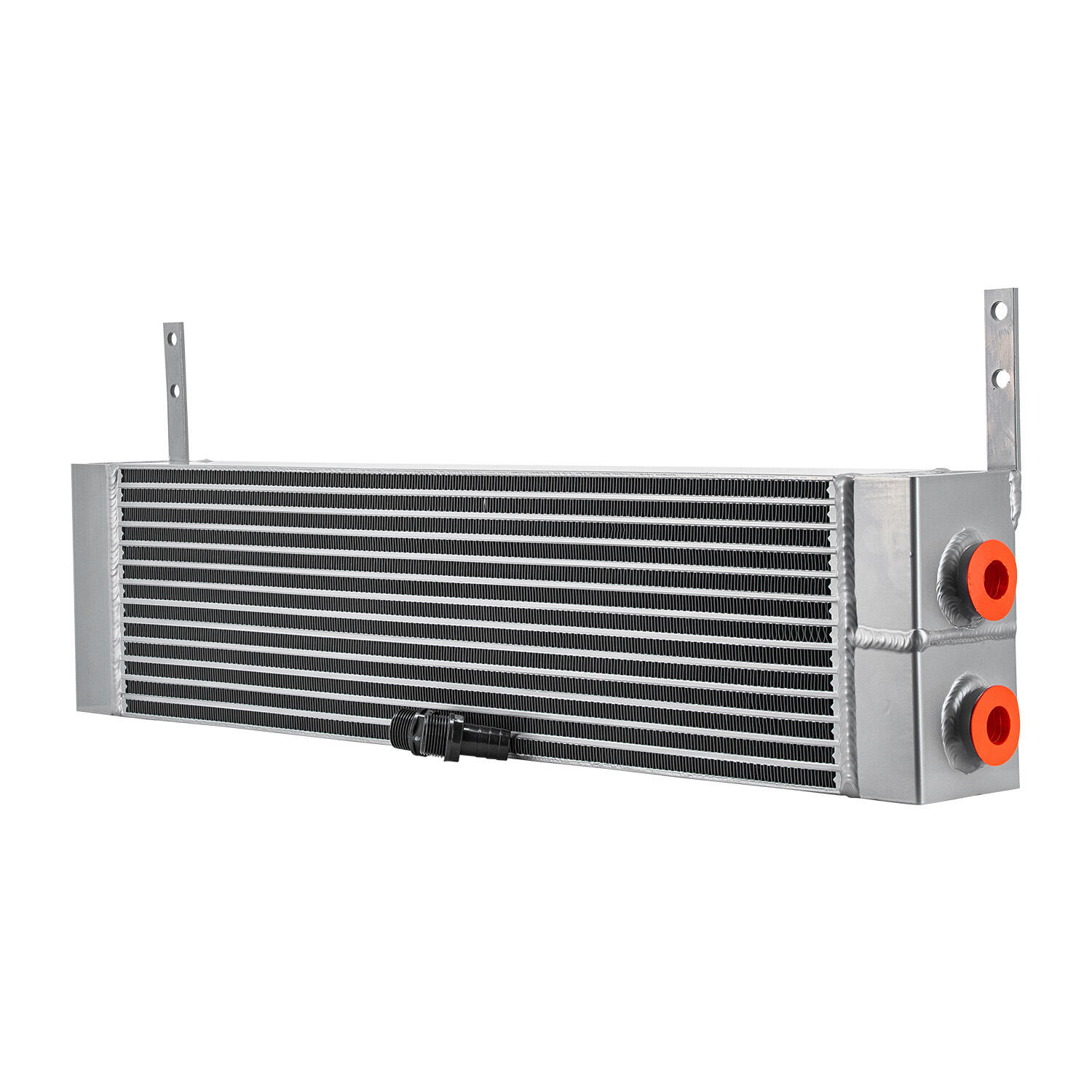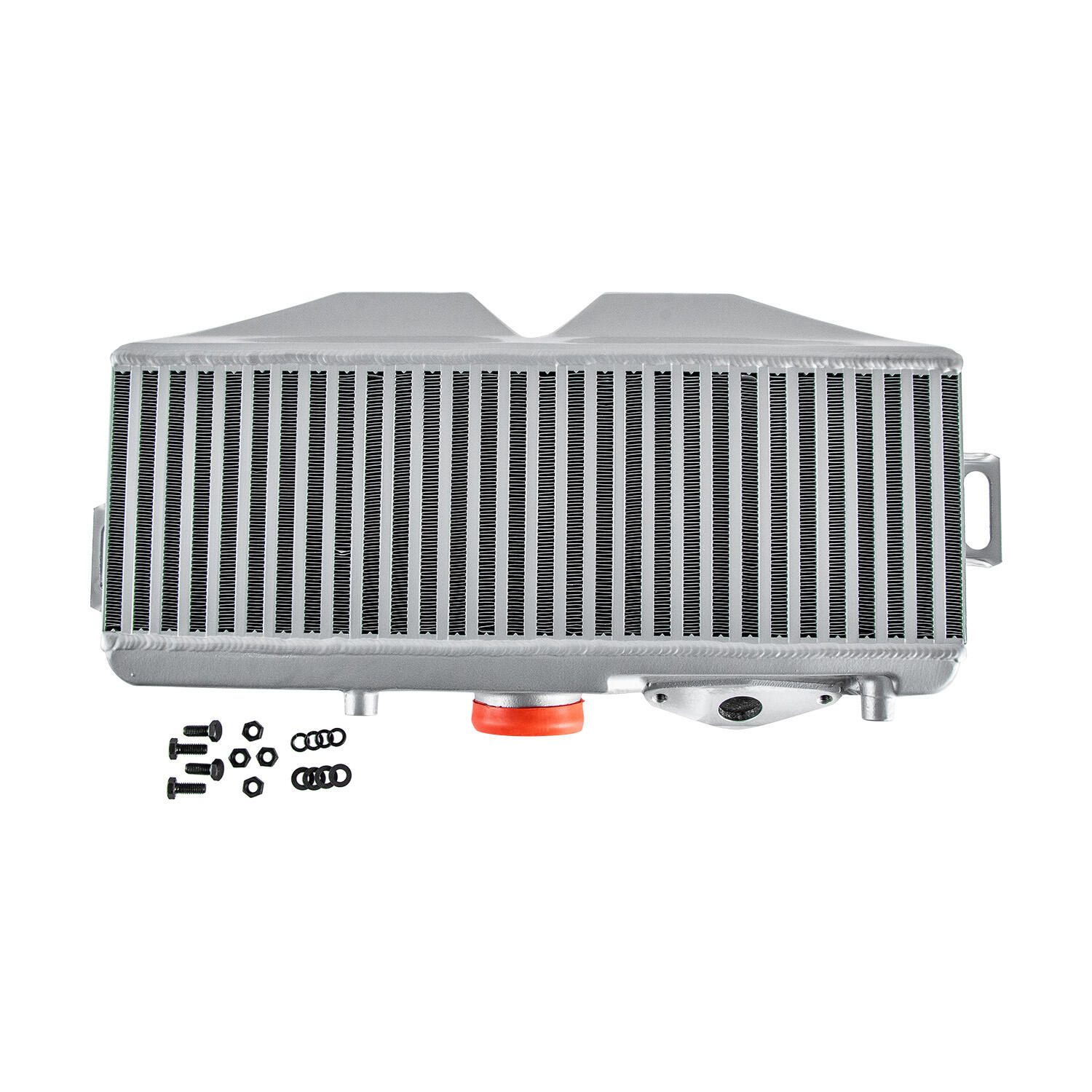intercooler
The intercooler is a crucial component in the automotive and industrial sectors, designed to optimize the performance and efficiency of internal combustion engines. Its main function is to cool down the air that has been compressed by the turbocharger or supercharger, reducing its temperature before it enters the combustion chamber. This process helps to prevent detonation and engine knocking, which can occur when the air-fuel mixture ignites prematurely due to excess heat. Technological features of the intercooler include its compact design, high thermal efficiency, and ability to withstand high pressure and temperature fluctuations. It is commonly made from aluminum or stainless steel, materials that offer excellent heat dissipation properties. Applications of the intercooler are widespread, from high-performance vehicles and heavy machinery to marine engines and power generation systems.


